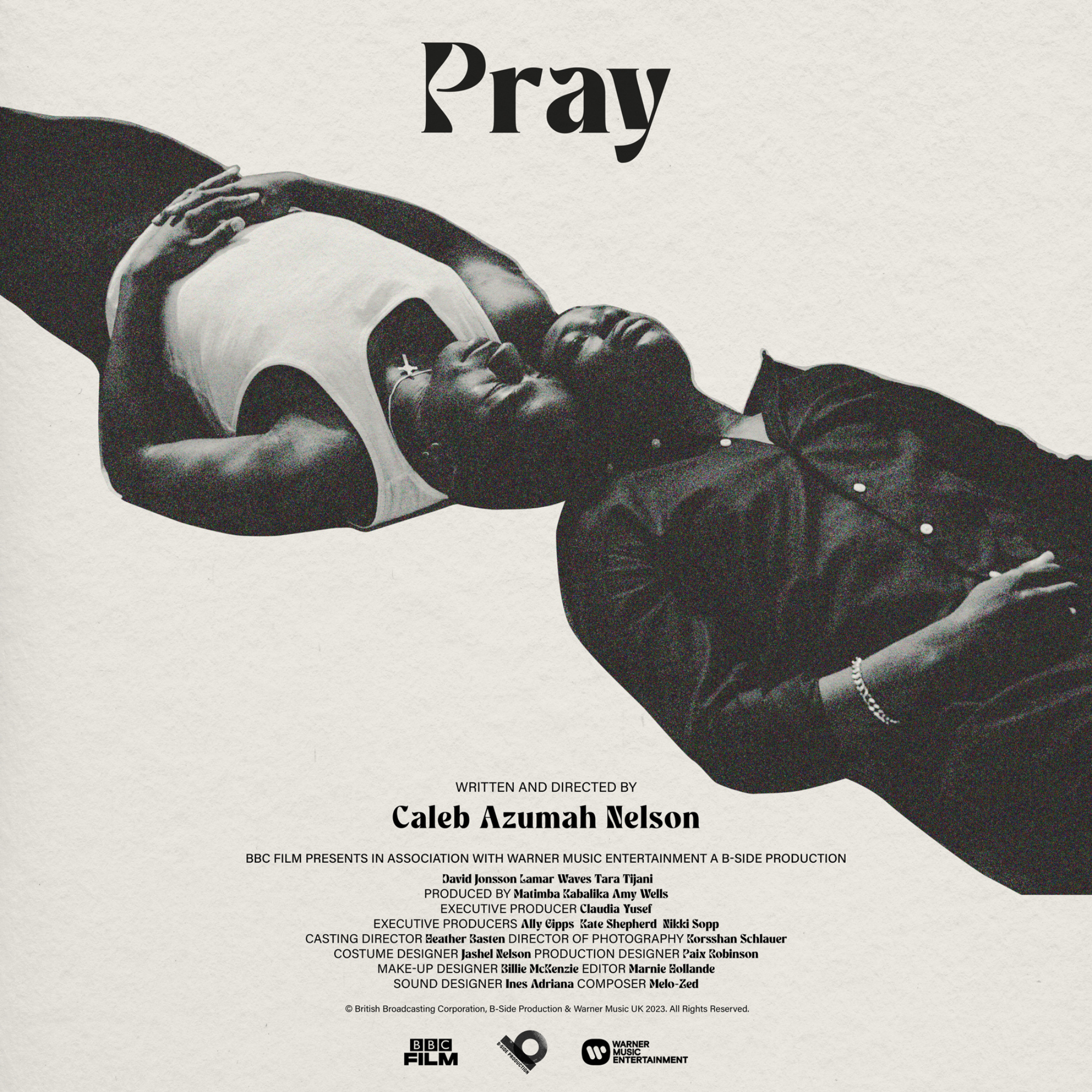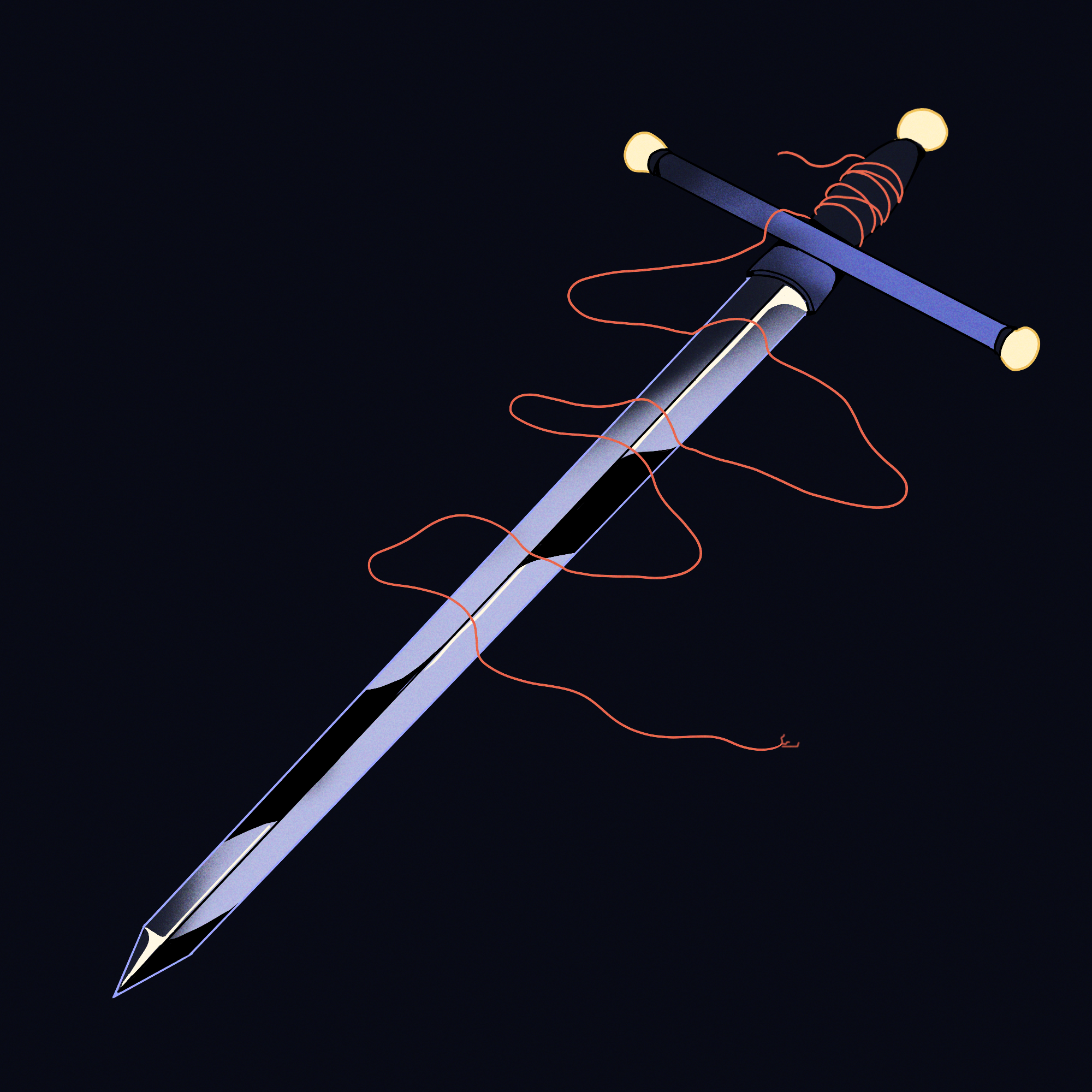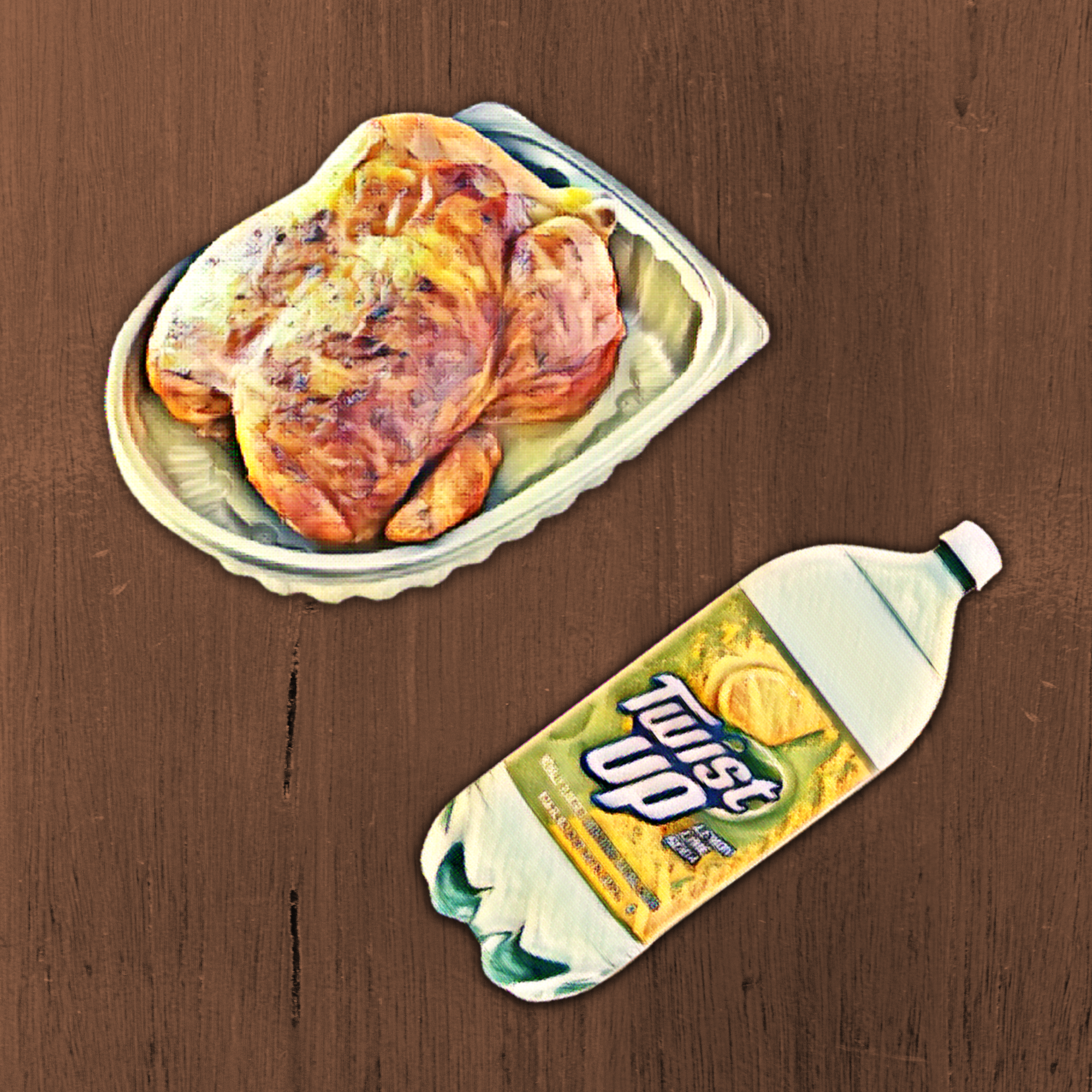- Studio Dirt
- Posts
- Baby’s all right
Baby’s all right
For every novelist, an alt.

Alexandra Tanner on how running an anonymous Twitter account is the perfect way to recover from writing a novel.
We interviewed Alexandra Tanner about her new novel, Worry, and you can read about that here. If you buy a copy of Worry before May 1st and forward us the receipt at [email protected] we’ll enter you in a raffle to win a Worry hat.
REGRETTABLY, THERE’S WORRY MERCH
— Alexandra Tanner (@alex___tanner)
12:35 AM • Mar 22, 2024
I was never one for diaries. In middle school, I tried keeping one for a while; it soon became a long list of girls I hated. Very quickly my mother found it and read it. She summoned me to her room one afternoon to review it with her.
“Don’t say hate,” she urged, pointing to the word hate on the page; “say strongly dislike. And you shouldn’t use real names. And don’t write down anything you wouldn’t want everyone to know. Especially if you’re bringing it to school.”
Name by name I redid the list. I strongly dislike Rachel, I wrote, crying; I strongly dislike Kelly. What was the point of this silly book now? I could say nothing worth anything. I read American Girl magazine and watched television ads for electronic password journals: I knew that diaries were supposed to be divine receptacles for your worst parts, your biggest fears—why write one at all if you couldn’t put down what was terrible?
I got older and moved away; lonely in college, I bought a red Moleskine at the campus bookstore and tried again. I kept the notebook with me through school and beyond, to New York, writing a page at a time, hating it, ripping it out, only to try again, miserably, every three to five years to record my feelings in a way that felt serious, often in the middle of events that felt serious—while falling out with a good friend; during a long stay at an artists’ residency. Every single time I’d look at an entry, usually right after finishing it, I could see only what was false, what was constructed, what was written out of desperation.
It was me, now, who judged; me who saw no point in the hassle of marking with such intensity life’s daily little slights.
Marilynne Robinson once said of the practice of diary-writing, after having “written a couple days’ worth of reflections,” she would “come back to it and I think…What an idiot.” Encountering the self I’d lassoed to the page was painful, and annoying, and it never seemed to teach me anything. I was a writer by now. I endeavored to understand myself by fracturing myself into other, fake people; by giving their fake lives structure and punch lines. So when I wrote about my own thoughts so nakedly, I felt only a deep sense of pressure at the top of my spine: the shame of self-indulgence. It was me, now, who judged; me who saw no point in the hassle of marking with such intensity life’s daily little slights.
Then my sibling was struggling badly with a frightening new illness; then my partner and I were fighting about money; then I’d just sold my first novel, and it was harrowing to see my work, which had been private so long, as a product reflective of me. Novels aren’t diaries, but readers, I’ve found, often want them to be. I didn’t even like sharing an opinion at the dinner table for fear of revealing an ideological flaw or saying something I couldn’t back up if pressed; now 300 pages of sentences for which only I could be held accountable would be staring at me and at the world, right there, as my publisher promised, wherever books were sold.
With this new vulnerability, everything began to feel unbearable. Then everything became unbearable. I developed a lingering cough and coughed every time I tried to talk for six months; I coughed until I ached, until I peed. I found a medication that would make it go away, but this medication also made me gain twelve pounds in three months. I tried exercising but when I started building muscle I weighed even more, so I stopped working out and I stopped eating, just a little bit. Then there was a leak in the bathroom. Then there were bugs in the bathroom. At my annual, my doctor’s intern hurt my cervix. Worst of all, I got a bob.
My misery knew no end, and I had no outlet; my brain seemed to throb against my skull, like it might start bleeding. My therapist didn’t “get” me. My parents were in chaos. My friends were processing dramas of their own. My sibling was in the hospital. There’d been scaffolding covering my windows for nearly two years. My novel was coming and I could not stop it; there was paperwork and everything—I hired a lawyer with a funny name who charged me seven thousand dollars, most of the first portion of my advance, for just a few hours of her attention and the alteration of about five words in a few very standard contracts. I was feeling raw and lonely, feral and goopy, very small, very afraid; unable to communicate what exactly it was that was hurting me so badly because everything hurt so badly. I felt exactly like a baby, screaming into the night.
Online there were many memes suggesting that feeling “baby” was not an original experience. But I didn’t feel like a cute baby or a Calico Critter or Sailor Chibi Moon. I felt like I was caked in birthing fluids, like I’d been left in a box outside a fire station; like I had no neck muscles or stomach muscles or kneecaps, like my skull was soft, like I didn’t have language to communicate just how frightened I was. Like a baby so often must, I knew, I’d have to be the one to soothe myself back down into calm. I was the only one who could. I started a new Twitter account, and when the app asked me for my name, I told it “Baby.”

FUCK IT, WE BAWL
|
|
|
|
|




